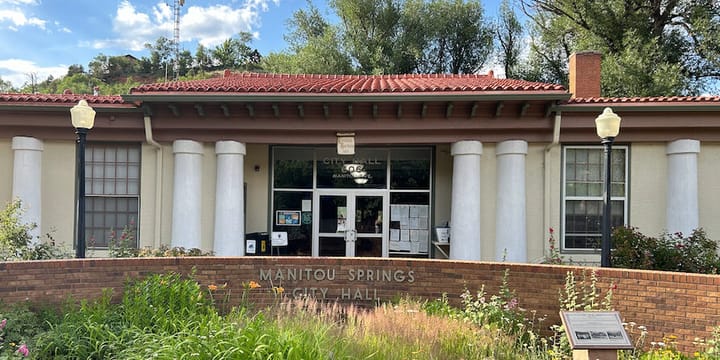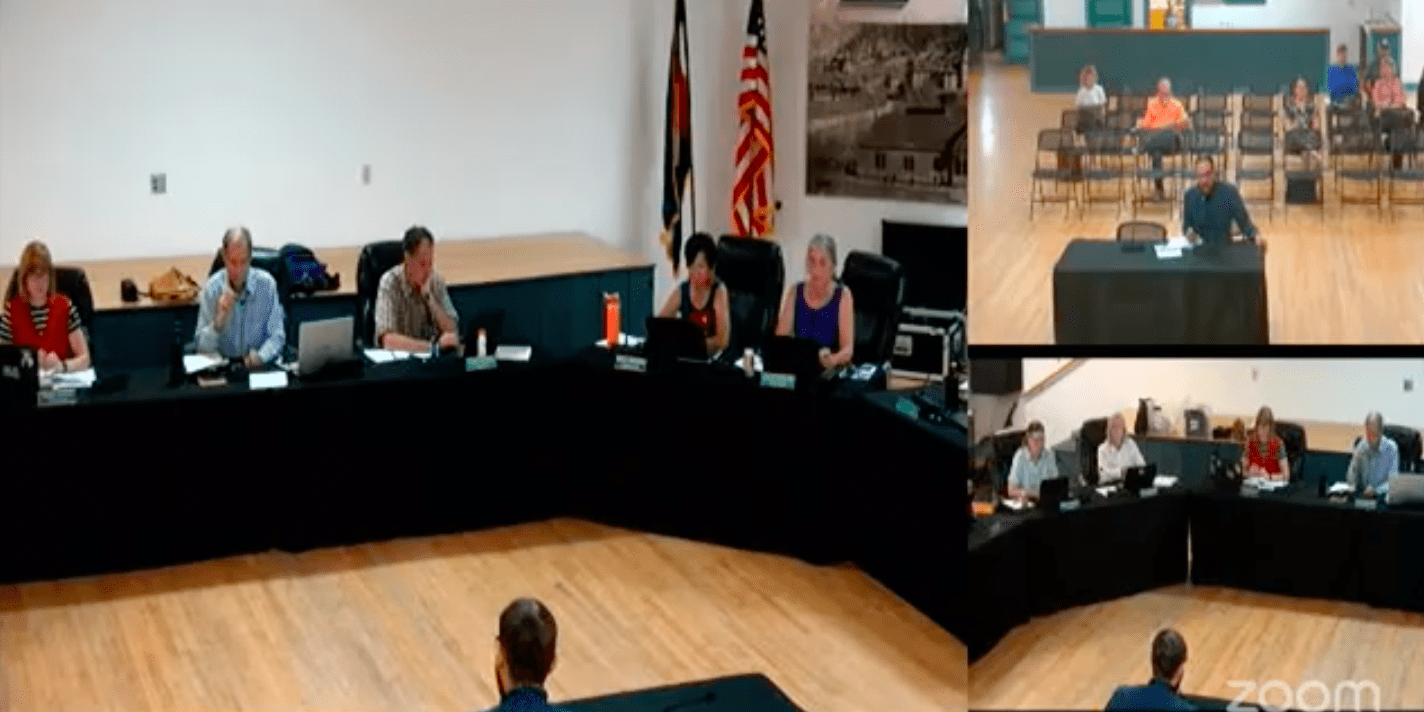COS City Council may vote to override Mayor’s veto of weed funds’ allocation ordinance

Colorado Springs Mayor Yemi Mobolade vetoed a City ordinance that authorizes City Council to solicit grant applications from nonprofits hoping to get a share of the funds generated by marijuana sales and then recommend to the mayor's office how the money should be disbursed.
"These funds can improve emergency response times, address the growing mental health crisis, and help keep our neighborhoods safe and vibrant," Mobolade said in a statement issued after vetoing the ordinance on July 14.
"Diverting those funds now is both shortsighted and irresponsible."
But, in a rebuttal, City Council said Mobolade's veto was "misguided and misrepresents both the content and intent of the ordinance," and said it could vote at a future session to override it.
To do so, a super majority vote - 6-3 or higher - would be needed, Council said.
In a statement, Council said the ordinance "does exactly what the voters directed," citing a ballot measure passed in 2021, which said funds raised through rec sales "shall be appropriated, in amounts subject to the City Council's discretion, only for the following purposes: public safety programs, mental health services, and post-traumatic stress disorder (PTSD) treatment programs for veterans."
It did not mention a more recent citizens' initiative, which called for funding for the same service and led to recreational marijuana sales beginning in Colorado Springs in April of this year - only after Council was sued by backers of recreational marijuana after it tried to hold a new vote on the same issue during the April municipal elections.
The ordinance passed on July 8 allows City Council to fulfill "its role as the appropriating body of the budget for the City of Colorado Springs," Council's statement said.
But Mobolade noted that Colorado Springs' Charter authorizes "only the Mayor … to execute all contracts and agreements … and perform all executive and administrative duties, to include a grant process."
Council responded to that by saying, "Any attempt to frame this as City Council 'usurping' authority is political theater."
The ordinance was initially put on the consent calendar in June to be voted on en bloc with other "non-controversial items."
But freshman Councilmember Kimberly Gold asked at the June 24 Council meeting that it be taken off consent, arguing that the grant application process would kick funding down the road at a time "when we have such immediate needs."
"Let's be efficient and not do more red tape with a grant application process," she said.
The ordinance passed two weeks later, on July 8, in a 6-3 vote.
Councilor Nancy Henjum (District 5) said she voted 'no' because the ordinance "doesn't authorize us to do anything that we can't and don't already do as Council."
City Attorney Ben Bollinger agreed with her but noted that it "creates a more formalized process for Council to accept, sort of, an application [for funding]."
"It's not a binding decision but council does make a decision about which of those three categories to specify - public safety, [PTSD] or mental health services."
Members of the public said at the July 8 meeting that funding is urgently needed to address chronic issues including public safety, mental health and homelessness, and suggested that disbursement should not be tied up in a grant-making process.
Gold and District 1 Councilor Dave Donelson also voted against the ordinance.



